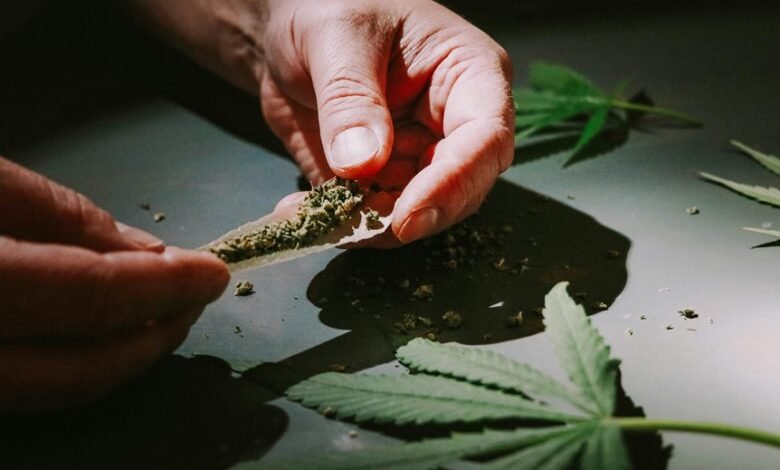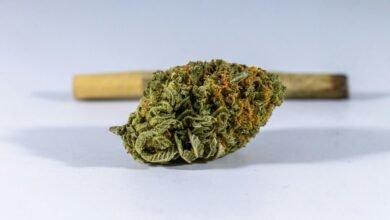Is Cbd Considered a Drug

The classification of CBD as a drug raises significant questions about its role in health and wellness. While some studies suggest potential therapeutic benefits, others caution against its unregulated use. The legal landscape is also inconsistent, with varying definitions across jurisdictions. This ambiguity complicates the understanding of CBD's true nature. What criteria should determine its classification, and how might this impact consumers and the industry alike?
Understanding CBD and Its Sources
Although CBD, or cannabidiol, is often associated with cannabis, it is important to understand its origins and properties.
CBD is primarily extracted from industrial hemp, a variety of cannabis plants cultivated for its low THC content.
Unlike its psychoactive counterparts, CBD offers potential therapeutic benefits without the intoxicating effects, making it an appealing option for those seeking natural alternatives in health and wellness.
Legal Classification of CBD
The legal classification of CBD is a complex and evolving issue that reflects broader societal attitudes towards cannabis and its derivatives.
CBD legality varies significantly across jurisdictions, leading to regulatory challenges that complicate its commercialization.
In some regions, CBD derived from hemp is legal, while others impose strict controls, highlighting the ongoing debate surrounding its status as a drug and the necessity for coherent regulations.
Potential Health Benefits and Risks
Given the varied legal landscape surrounding CBD, understanding its potential health benefits and risks is vital for consumers and healthcare professionals alike.
Research indicates that CBD may offer health benefits such as pain relief and anxiety reduction.
However, potential risks include drug interactions and side effects like fatigue or gastrointestinal issues.
A thorough evaluation is essential to ensure informed decisions regarding its use.
The Debate: CBD as a Drug or Wellness Product
How does one classify CBD in the context of its diverse applications? The debate centers on CBD regulations and public perception.
Advocates argue for its recognition as a wellness product, emphasizing therapeutic benefits without psychoactive effects. Conversely, others categorize it as a drug, citing concerns over safety and efficacy.
This dichotomy reflects broader societal attitudes towards cannabis-derived substances and their implications for legal frameworks.
Conclusion
In the intricate tapestry of health and regulation, CBD weaves a complex narrative that straddles the line between therapeutic promise and regulatory uncertainty. As the pendulum of public opinion swings, the classification of CBD as a drug or a wellness product remains a contentious battleground, marked by divergent perspectives and evolving legal landscapes. Clarity is essential, as consumers and businesses navigate this foggy terrain, seeking to illuminate the path toward informed decisions and responsible use in the realm of health and wellness.






